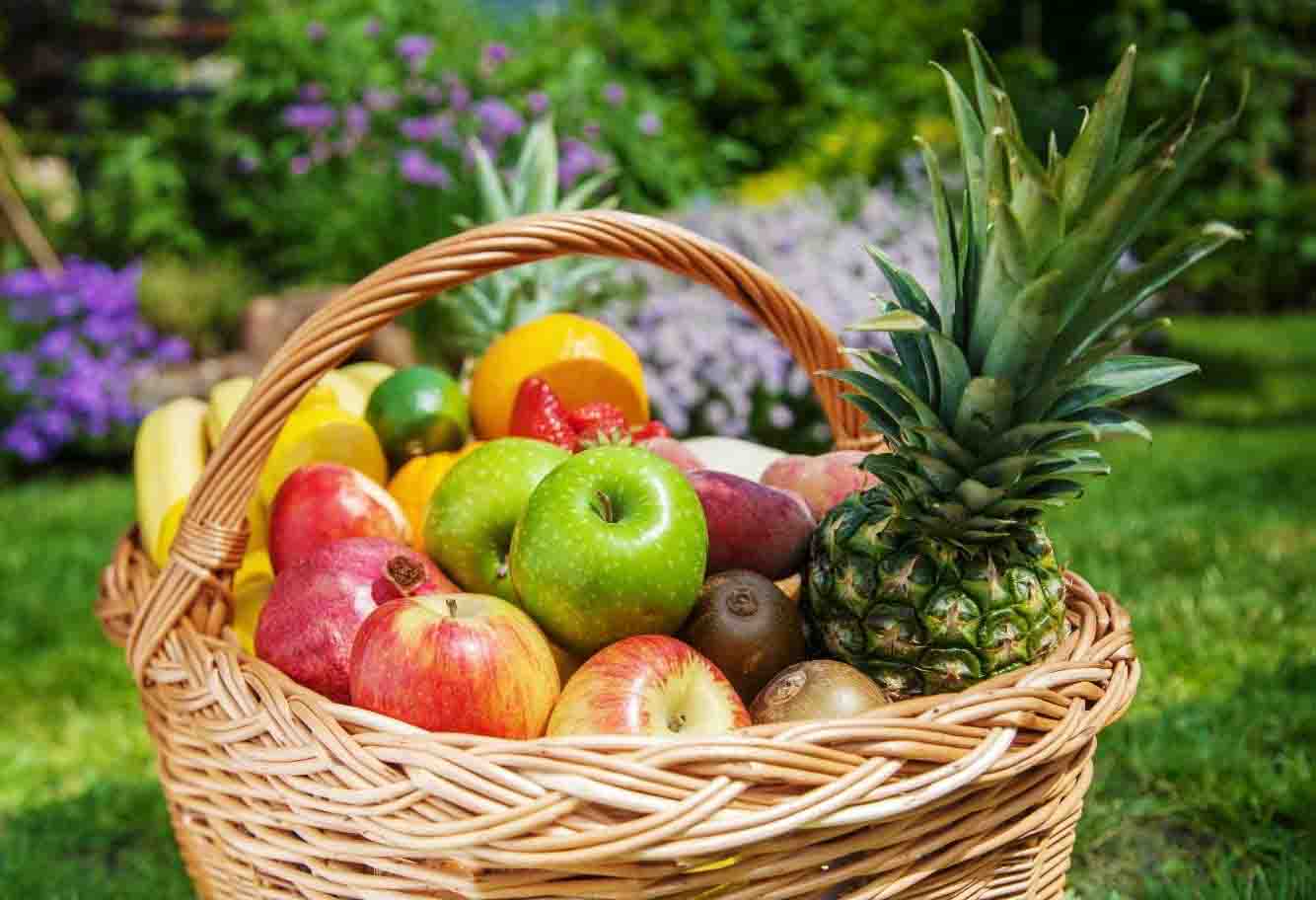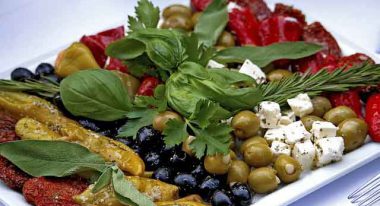
Three Pilgrimage Festivals
“Three times a year all males must appear before the Lord your God at the place he will choose: at the Festival of Unleavened Bread, the Festival of Weeks and the Festival of Tabernacles.” Deuteronomy 16:16
There were three pilgrimage festivals in the Jewish tradition that required visiting Holy Temple in Jerusalem. They are called “Shalosh Regalim” in Hebrew – “The Pilgrimage Festivals”. The cycle of these holidays begins in spring and ends in autumn.
All three holidays are connected as all of them have religious and agricultural components. These Holidays are: Passover, Shavuot and Sukkot.
Passover
Passover is a celebration of the Exodus of the Jewish people from Egypt. This was a crucial event in the Jewish history. In Exodus 12:17 God commanded that this festival should be held each year.
Its agricultural meaning is in the beginning of the planting season and end of the barley season. Right after the Passover the Jewish people started the barley harvest. Also, after the Passover the Counting the Omer is started to mark when it is permitted to eat the harvested barley.
Shavuot
Originally, the holiday of Shavuot began as an agricultural festival. In Hebrew “Shavout” means “weeks” and it is an apex point of the Omer Counting. This festival honors the late spring harvest. It is also called the Festival of First Fruits because first fruits of the harvest were brought by the Jewish people as an offering to the Temple.
The religious meaning of Shavuot was acquired later – on this day God gave the Jewish people the Torah, the Light of the world.
These religious and agricultural components of Shavuot are honored today.
In agricultural communities Shavuot is celebrated to honor the harvest and religiously there is a tradition to study the Torah all night long.
Sukkot
Sukkot commemorates the 40 years that the Jewish people wandered in the desert after the Exodus. In Hebrew Sukkot means “tabernacles” and symbolizes the temporary dwelling of the Israelites during that time.
Agriculturally, Sukkot is the festival of the last harvest of the season. The Four Species tied together and moved in a special way symbolize the prosperity and fertility of the Land. Also, it is accustomed to build a “sukkah” – a tabernacle with at least three walls and a see-through roof. During the week of this festival, families are spending time in sukkot, having meals there and even sleeping in it.
During the Three Pilgrimage Festivals even today many people make their pilgrimage to Jerusalem, to the Western Wall. By this pilgrimage they are following the ancient traditions and keeping them alive.






